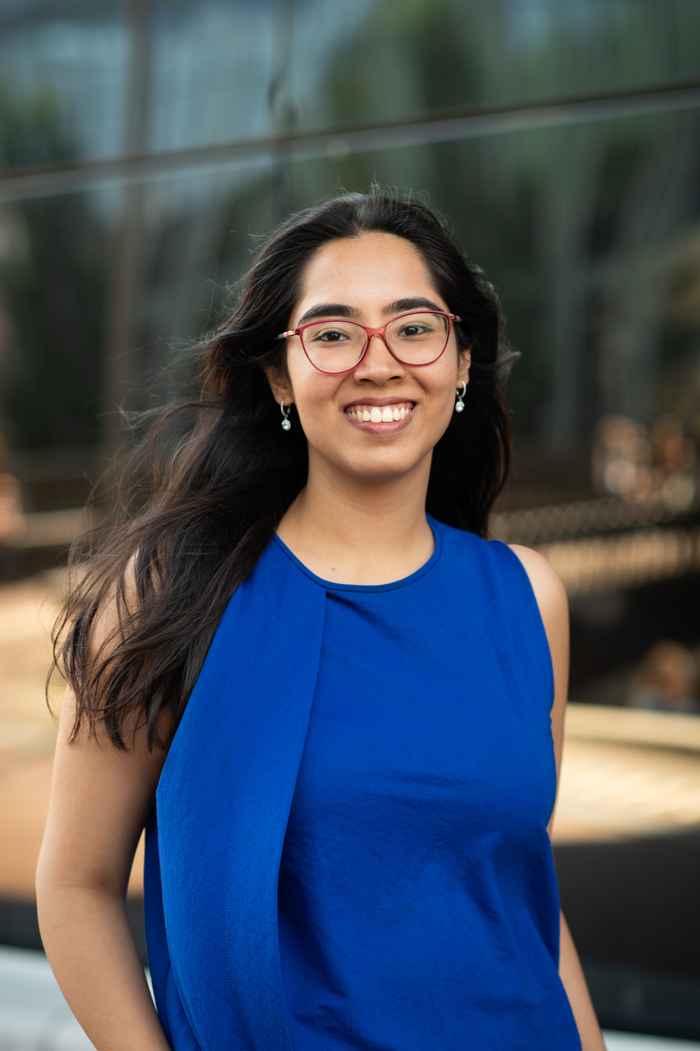LHL's Pramiti Parwani defends her PhD dissertation cum laude
14 November 2025

Supervised by Prof. Anniek de Ruijter and Prof. Christina Eckes, with Dr. Katrina Perehudoff as co-promotor, Parwani’s research examines how the (EU) and India, as prominent actors in vaccine production and regulation, shape the opportunities (or state capabilities) of LDCs to innovate, regulate, and manufacture pandemic vaccines.
In her dissertation, Parwani developed an innovative normative framework of ‘state capabilities’, which received the 2025 Student Essay Prize by the American Society of International Law’s Global Health Law Interest Group. The framework integrates Third World Approaches to International Law (TWAIL) and the human capabilities approach to examine the effective opportunity available to LDCs to access vaccines. In the context of pandemic preparedness and global equitable access, the state capabilities framework redirects attention from ad hoc solutions towards structural transformation of global vaccine supply chains.
Drawing on interdisciplinary insights from global health law, international trade law, and regulatory studies, the thesis analyses both formal mechanisms under international law and informal processes of policy diffusion emerging from domestic and regional regulatory practices. Parwani highlights the roles of key regulatory bodies such as the European Medicines Agency (EMA), Central Drugs Standard Control Organization (CDSCO), and national and regional patent offices, illustrating how their actions influence vaccines access in LDCs.
The defence marks the culmination of Parwani’s doctoral research within an international, interdisciplinary setting, contributing to ongoing policy discussions in global health governance.
Parwani's PhD was part of a collaboration with the Amsterdam Institute for Global Health and Development, and the INDIGO Consortium, a research and innovation Project jointly funded by the European Commission, as part of the Horizon 2020 research and innovation program, and India’s Department of Biotechnology. The interdisciplinary Consortium consists of 17 partners from India, the European Union, and the United States.
Read some of the publications from her PhD below: